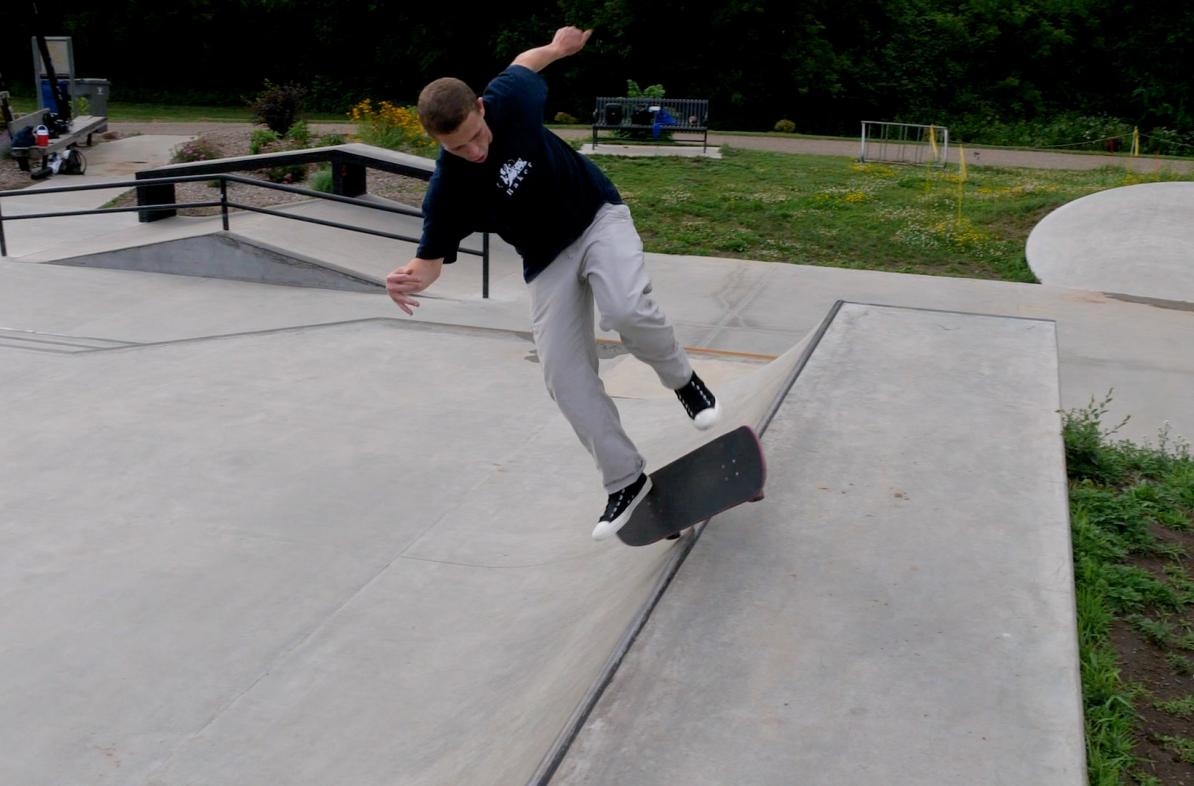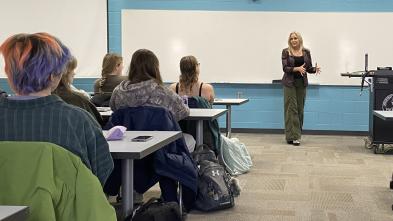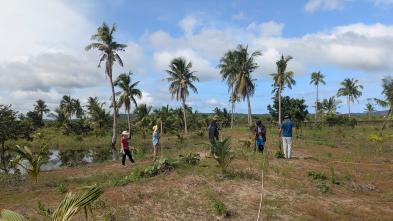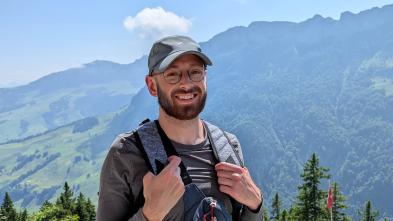ID

Grinding through data: Economics study of skateboarding spaces
Story Categories
Authored on
Grinding through data: Economics study of skateboarding spaces
Published on:
Intro text
Jennifer Shaw is a resident of the East Hill neighborhood in Eau Claire, across the street from the skateboard space within Boyd Park. Shaw says the addition of the skate park has improved the 100-year-old community park, despite what she has seen as somewhat of a historic community bias against skateboarding.
Sections
For the media
For the media
Image download


